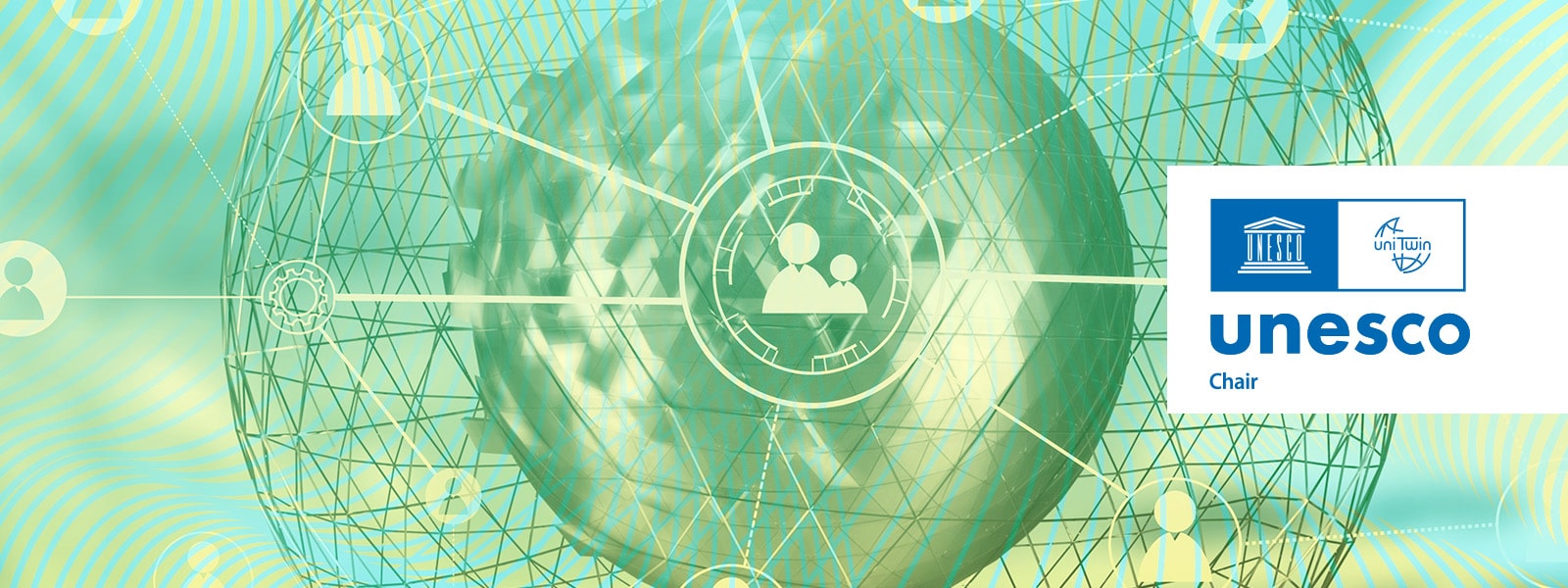Institutions for Future Development

About this Programme
This work area contributes research and new knowledge to the understanding and development of stronger institutions and governance for sustainable development. These include democratic power in communities, anti-corruption and non-violence in private and public institutions, industry frameworks and policies as well as cultural habits and norms.
The programme contributes to SDGs 4,5,8,10,12,16,17, principally SDG 16 Peace, Justice and Strong Institutions.
Example Projects
Social Justice
Zoraida Mendiwelso-Bendek work on social justice provided significant input to the Colombian Framework for Community Based Research (2020) which is an important input for Colombia´s national development plan for peacebuilding over the next two decades. Strongly reflecting her “Take Part research cluster programme” through community-university-partnerships, the “Reference Framework for research with the community, 'Peacebuilding in Colombia, Alliance between the university and the community: Co-Lab Paz' was published in November 2020.
A study of the participation of women-owned small and medium-sized enterprises (SMEs) in international trade
Dr Mahfuzur Rahman (with colleagues) made a study of the participation of women-owned small and medium-sized enterprises (SMEs) in international trade, addressing the role of social, cultural, and legal institutions in fostering women entrepreneurship. This study pointed out how issues addressed in feminist theories influence the selected parameters that might affect women entrepreneurs doing or wanting to do international business. For instance, the nature of women’s social bonds and relational attachment to childcare concerns and the “couple-level strategies” might affect women entrepreneurs’ decision to be involved in international entrepreneurship. The findings show that policy assumptions about barriers to international trade by women run business may fail to take account of the insights from feminist theories.
The role and effects of institutional frameworks on sustainable development
Professor Shrabani Saha has carried out a number of studies with international partners on governance regimes, growth and development. The overall research programme addresses the role and effects of institutional frameworks on sustainable development. Recent topics include the developmental effects of Brexit, the COVID pandemic, corruption control in Asia, corruption-growth relationships, corporate governance in emerging economies, institutional reactions to global shocks (with the Heritage Business School, India), and institutional quality. She leads the biennial international Development Economics conference (DEC) at Lincoln, which attracts participation from international scholars, including Lincoln's UNESCO Chair partners.
The role of tourism development in relation to poverty alleviation; carbon dioxide emissions, economic growth and political instability.
Professor Shrabani Saha has recently been working with Prof. Goyari from the University of Hyderabad to address governance in the tourism sector. In particular, the role of tourism development in relation to poverty alleviation; carbon dioxide emissions, economic growth and political instability. She is also working with colleagues from Australia and Qatar to inform way to develop sustainable tourism beyond 2022.
Contact Prof. Saha to find out more
Imagined futures and conflict resolution - exploring the relationship between violence, non-violence, and anticipation in peace processes and complex conflict contexts.
April Ward 's doctoral research enquires into the role of imagined futures and conflict resolution by exploring the relationship between violence, non-violence, and anticipation in peace processes and complex conflict contexts. This case study research is investigating the presence of the future in processes where societies that have made transitions from destructive violent regimes to more peaceful regimes.
Other Programme Contributors
More Programmes
---
The designations employed and the presentation of material throughout this publication do not imply the expression of any opinion whatsoever on the part of UNESCO concerning the legal status of any country, territory, city or area or of its authorities, or concerning the delimitation of its frontiers or boundaries.
The ideas and opinions expressed in this publication are those of the authors; they are not necessarily those of UNESCO and do not commit the Organization.
Connect with Us
 |
 |
 |
 |
 |
 |
Lincoln International Business School, University of Lincoln, Brayford Wharf East, Lincoln, LN5 7AT, UK
Telephone: +44 (0)1522 835509 | Email: libs@lincoln.ac.uk






